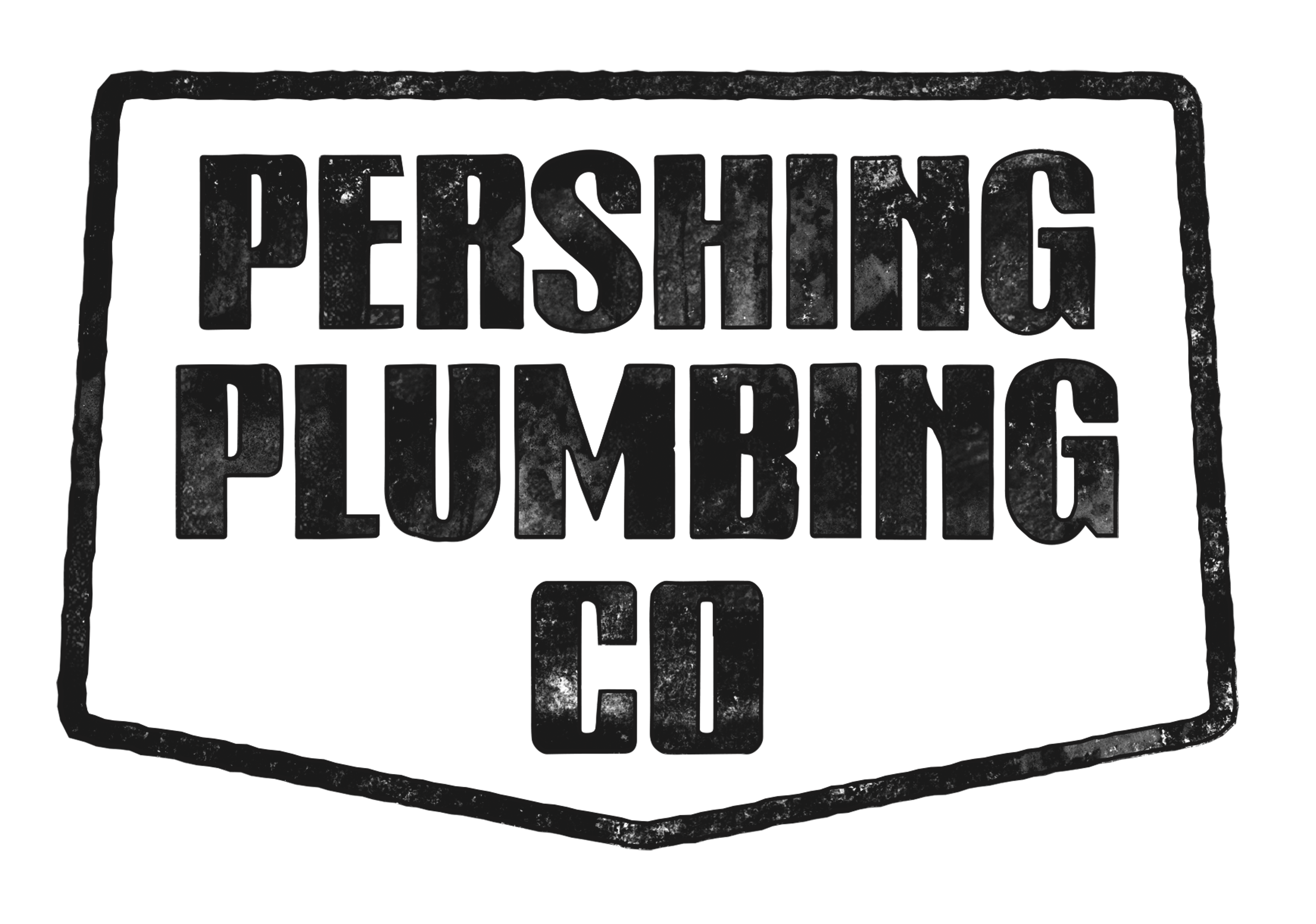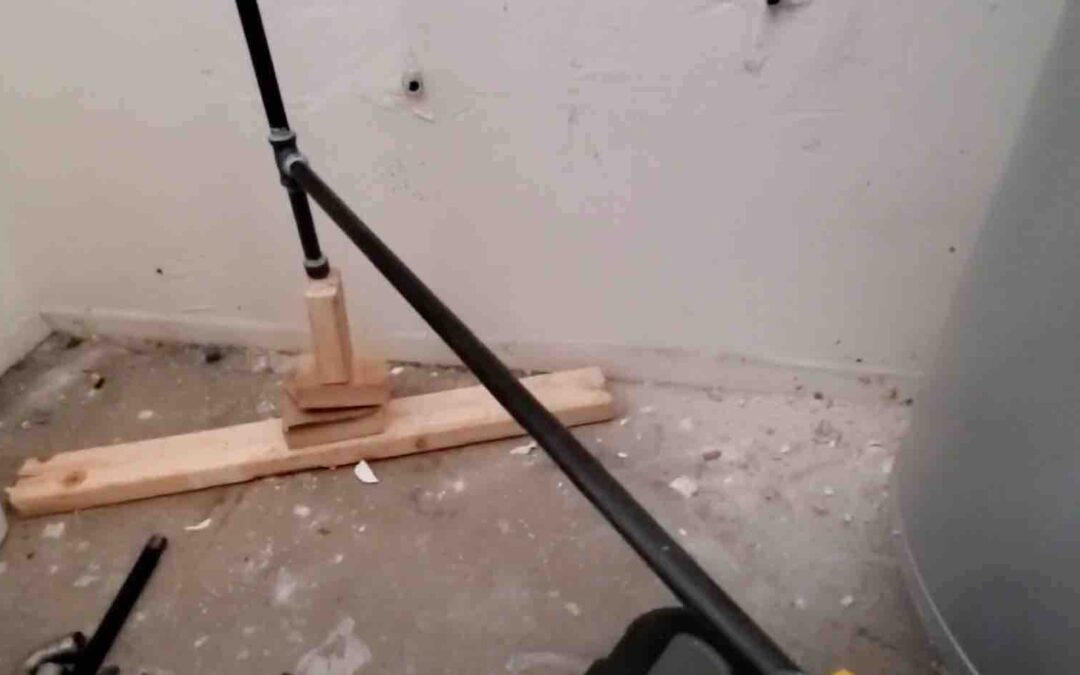Your home’s water heater is a vital appliance, but its proper installation and maintenance, especially concerning the gas line, are paramount to ensure safety and functionality. In this blog, we’ll explore the crucial steps to securely install and maintain a gas line for your water heater. By following these steps and adhering to safety regulations, you can enjoy both the comfort of hot water and the assurance of a well-protected household.
1. Professional Installation:
- Always seek the expertise of a licensed professional for gas line installation.
- Professionals are knowledgeable about safety codes and proper installation techniques, reducing the risk of gas leaks.
2. Location Matters:
- Choose an appropriate location for your water heater, considering factors like ventilation and accessibility.
- Keep the heater away from flammable materials and provide proper clearance for maintenance.
3. Proper Materials:
- Use approved materials, including pipes, fittings, and connectors, that are compatible with gas applications.
- Opt for flexible gas lines, which are less prone to leaks and corrosion.
4. Secure Connections:
- Ensure all connections are securely fastened and properly sealed with appropriate sealants.
- Check for leaks after installation and regularly thereafter.
5. Ventilation and Airflow:
- Proper ventilation prevents the buildup of harmful gases like carbon monoxide.
- Adequate airflow ensures efficient combustion and prevents overheating.
Enhancing Safety Measures
- Excess Flow Valve:
- Consider installing an excess flow valve that shuts off the gas supply if an abnormal flow is detected.
- This adds an extra layer of protection against gas leaks.
- Gas Leak Detectors:
- Invest in gas leak detectors that emit alarms if they sense a gas leak.
- Some models can be connected to smartphones, providing real-time alerts.
- Emergency Shut-Off Valve:
- Install an emergency shut-off valve close to the water heater.
- This valve allows you to quickly stop the gas supply during emergencies.
Educational Outreach
- Educate Family Members:
- Teach your household about the smell of natural gas (like rotten eggs) and what to do if they detect a gas leak.
- Create a clear evacuation plan and ensure everyone knows how to use the emergency shut-off valve.
Conclusion
Securing a gas line for your water heater is a fundamental responsibility for every homeowner. By collaborating with professionals, adhering to safety guidelines, and implementing additional safety measures, you can ensure the efficient operation of your water heater without compromising the well-being of your family and home. Regular inspections, maintenance, and an educated household further contribute to a secure environment. Remember that when it comes to gas-related work, safety is non-negotiable. Prioritize professional expertise and the implementation of safety measures to enjoy the comfort of your water heater worry-free.

